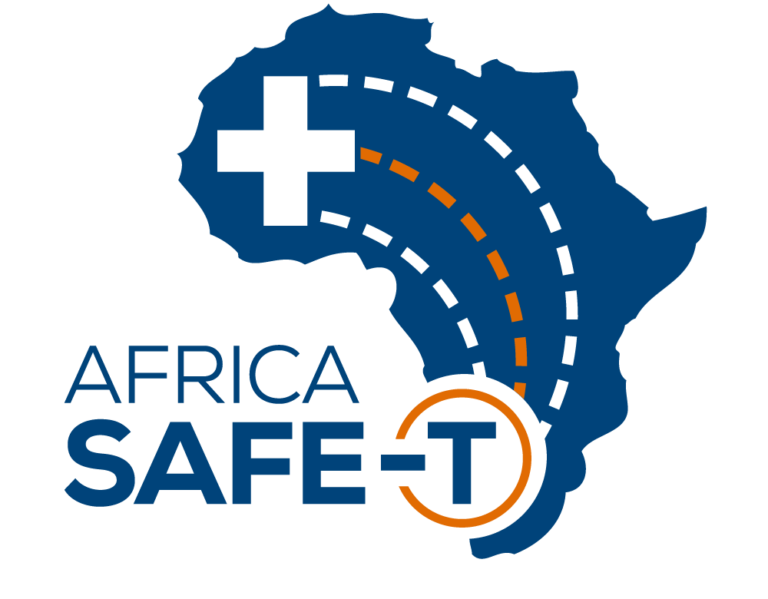
Menu

“I would like to thank Africa SAFE-T for all you did to help our little girl. From the time your paramedic arrived at our house, up to the time it took for you to arrange an airlift, it was simply outstanding. The professionalism and genuine care helped to put us at ease (as much as one can put a worried parent at ease). Your constant follow-ups and reassurances made a very terrifying situation tolerable. Now that the fear and anxiety have subsided, I can only look back on the situation with gratitude that your team was involved. You deliver an outstanding service that far surpasses ‘the ordinary’ emergency medical assistance. We will never be able to thank you enough for what you did for our family.”
A guest at a remote lodge experienced nausea and stomach cramps, for which she took her own medication. She showed signs of improvement – the stomach cramps and the nausea had subsided. This improvement was however short lived, as barely two and a half hours later she started with a fever and vomiting, and the stomach cramps returned. The AST Incident Management Centre was notified, and activated their medical response unit in the area. On examination, the patient was found to have very low blood pressure and clearly showed signs of severe dehydration and hypovolemic shock…
The lodge gave the Incident Management Centre a copy of the guest’s passport and travel insurance details. Our incident manager contacted the guest’s travel insurance company, located in Thailand, and they requested a medical report before they would authorize the ambulance and the hospital ‘guarantee of payment’ letter. A case was opened by the company in Thailand before being referred to their South African agent for authorization.
Unfortunately the South African agent was closed, and their after-hours notification referred the matter to an agent in China. Our incident manager then contacted the Chinese agent, but was informed that life-threatening matters needed to be managed by their agent in the UK. Contact was made with the UK branch, but they in turn were still waiting for the case number from China – our incident manager immediately furnished them with the information. Due to their knowledge of Africa SAFE-T as a company, they agreed to assist despite not having received direct authorization from their Chinese counterpart. AST was then put in contact with another South African agent for the actual letters of guarantee. This whole administrative process took 2 hours to complete.
It should be noted that ambulances will not usually be mobilised for long distance cases until a guarantee of payment is issued. However, because of the strong working relationships Africa SAFE-T has built with ambulance services, they mobilized immediately when informed that the guest had insurance without demanding the letter of guarantee. It shortened the evacuation time by 2 hours.
Our medical response unit transported the patient to the park gate (40 minutes from the lodge), at which time the patient was handed over to the ambulance crew and transported to hospital. As a result of the incident manager’s facilitation, the hospital was already on standby and had a file open and prepared.
The patient made a full recovery and was discharged from the hospital. Our incident manager arranged overnight accommodation for the guest, a transfer from the hospital, as well as the delivery of prescribed medication from the pharmacy. The guest was then transferred back to the lodge the following morning.
A well-establishment professional network of emergency providers is critical to alleviate delays caused by the need for guarantees of payment.
Getting authorisations for evacuations is a very complicated and time-consuming process.
Without professional advise in a remote environment, if the wrong diagnosis is made it can lead to death due to rapid deterioration caused by incorrect treatment.

AFRICA SAFE-T PTY (LTD)
VAT No: 4660229537
Reg No: 2005/020863/07
BHF Practice No: 0619493
Tel: +27 10 593 0693
Email: info@africasafe-t.com
Level 3, Crossings Offices, Crossings Shopping Centre, Cnr. Samora Machel and Madiba Dr, Nelspruit, 1200